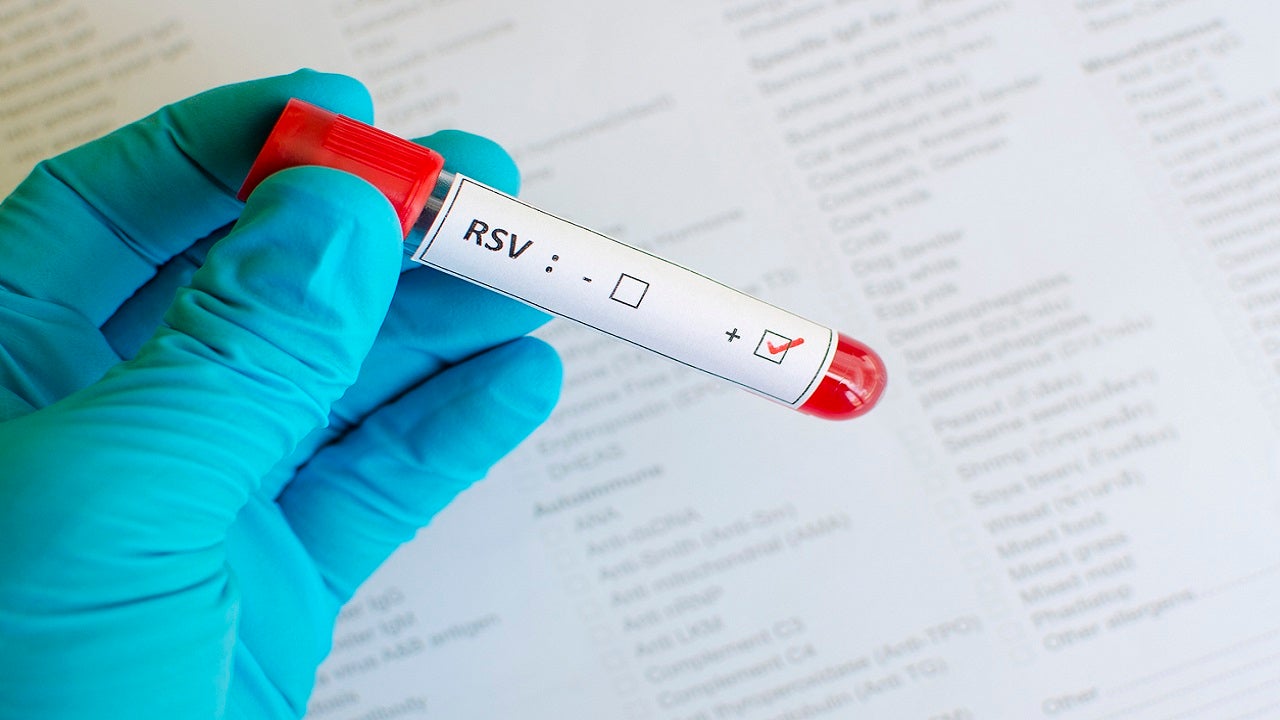If ongoing clinical trials and regulators concludeinfectious-disease infectious-diseasein younger healthy-living aged 6 to 11 are safe and effective, an expert with the Infectious Diseases Society of America (IDSA) said “we would be foolish not to vaccinate” kids.
The comments from Dr. Andrew Pavia, chief of the Division of Pediatric Infectious Diseases at University of Utah School of Medicine, adjunct professor of internal medicine, professor of pediatrics at the University of Utah and fellow at IDSA, come as the debate over school reopenings intensifies.
“As somebody who takes care of very sick kids, it drives me crazy to hear over and over again that the virus is not serious for children,” Pavia told a virtual IDSA, CDC briefing Tuesday. “It’s not nearly as serious as it is for adults and particularly for older adults but by every measure, the impact is greater than the impact of influenza.”
While kids face a low risk of severe disease following infection, poor outcomes involving hospitalizations, death and a rare inflammatory illness (MIS-C) do occur. Pavia explained that providers administer flu vaccines to children to protect them and to reduce transmission in the community.
KIDS GRAPPLING WITH SUICIDAL CRISES, MENTAL FATIGUE AS WORLD REOPENS
“If vaccines are proven safe and effective for 6 to 11 year olds and for younger children, I think we would be foolish not to vaccinate them. We have to wait until we know that they’re safe and effective in that age group but they deserve protection just as much as older people,” he continued.
The Centers for Disease Control and Prevention (CDC) said Friday that returning to in-person learning in schools this fall is a priority and that masks should be worn indoors by all individuals ages 2 and older who are not fully vaccinated against coronavirus.
The guidance, intended for K-12 schools, also noted that “promoting vaccination” can help facilitate that districts “safely return to in-person learning as well as extracurricular activities and sports.” Currently, only the Pfizer-BioNTech vaccine has been authorized for use in kids ages 12 and up. The companies said they plan to request for emergency use authorization in kids ages 5-11 in the fall.
Some opposing the use of COVID-19 vaccines in kids worry the potential for rare serious side effects from vaccination will pose a greater threat to kids than COVID-19 itself. For all eligible age groups thus far, public health officials and regulatory agencies have emphasized that the benefits of vaccination far exceed the risk of side effects.
Some parents advocating for a return to in-person classes face financial hardships compounded by leaving jobs to care for children amid remote classes. On the other hand, some teachers’ unions have argued that schools would not be prepared to reopen fully until all school staff members are vaccinated. Some teachers fear returning to the classroom in communities with low vaccination rates while others have worried about exposure and spreading infections to family members over the past year.
Many studies have suggested pandemic-related closures and isolation worsened young people’s mental health. One recent study saw a spike in eating disorder-related hospitalizations among teens, while another saw psychiatric admissions increase. Some kids want to get back to in-person classes and extracurriculars to socialize with friends.
“If your child is the one who ends up in the ICU for a week or if your child develops long COVID and flunks out of a semester of school and doesn’t get to college or loses their athletic scholarship, there’s nothing mild about that,” Pavia said.
Fox News’ Alexandria Hein contributed to this report.









